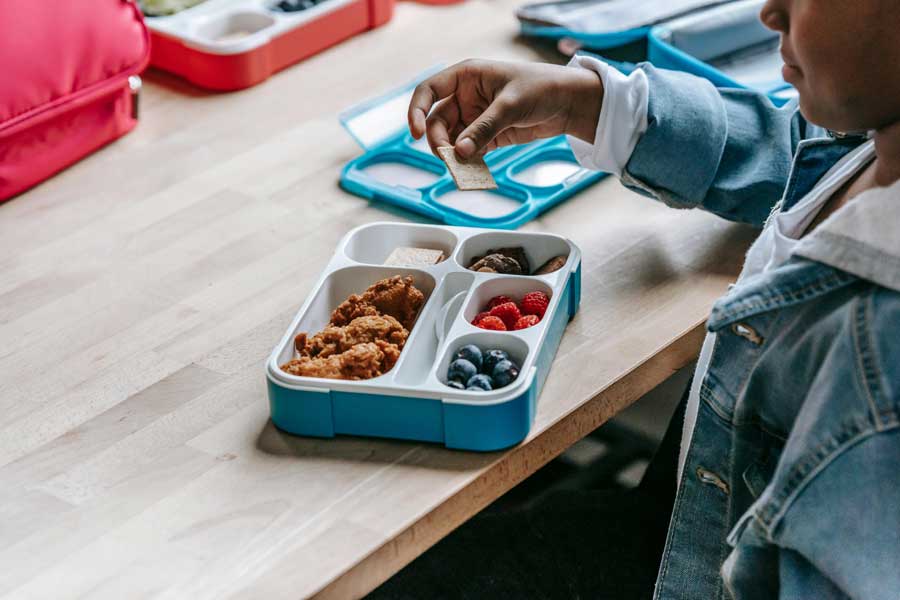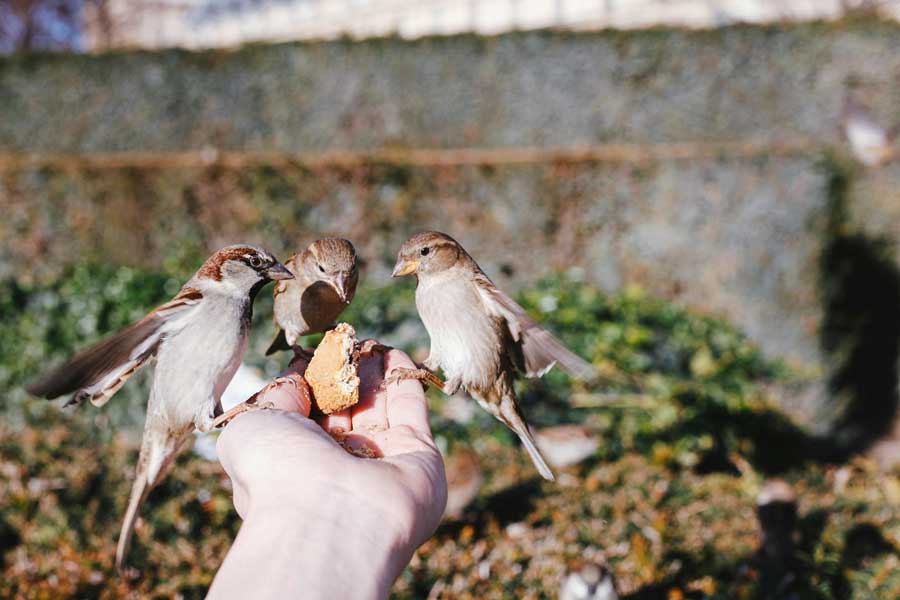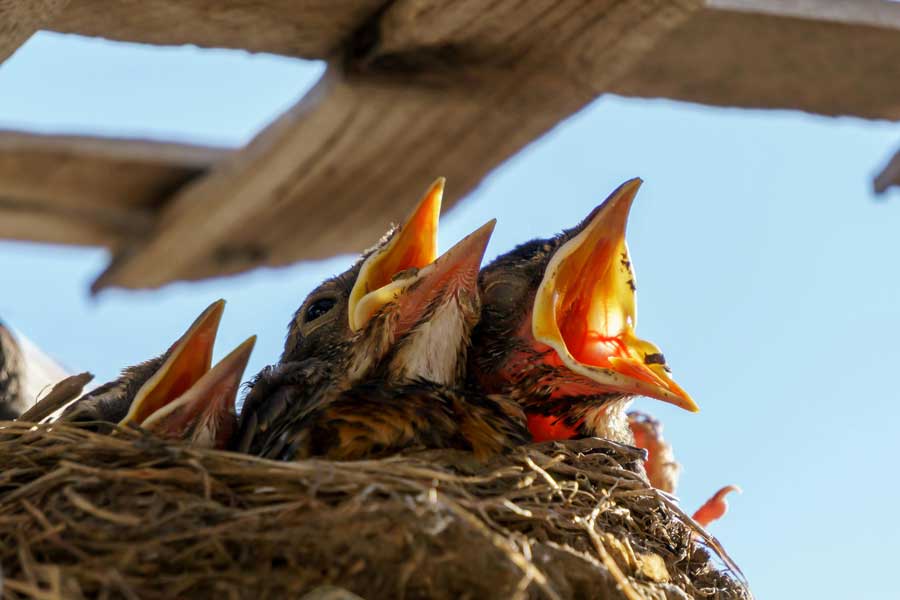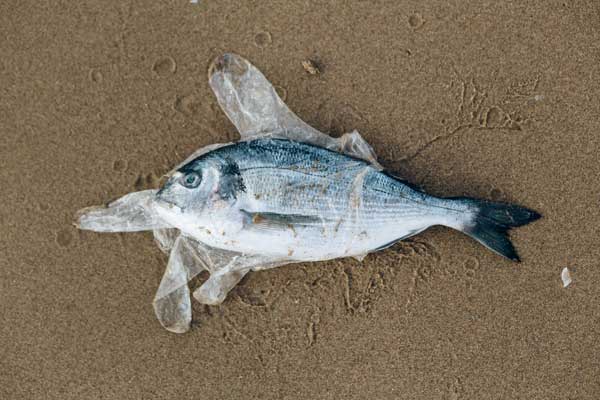In our backyard and around the world, in past narratives as well as present-day events, we observe our fellow man suffering from hunger. For some, the source of that affliction is man-made conflict and theft of their resources; For others, it may be natural disasters that depleted their food sources. Still others lack food and provisions as a result of poverty. But, for those who have enough and, particularly, those who have more than enough, the responsibility to care for and help those who aren’t as fortunate falls on them. This is the Islamic way. With that in mind, Muslims should be aware that September is Action Hunger Month, a nationwide annual campaign launched in 2007 by Feeding America to increase awareness of hunger and combat food insecurity in affected communities across the United States.
The pain of food deprivation
Not only does hunger and starvation lead to health ailments and death, but during the slow period of decline, one experiences a torturous plight. Those who bring this issue to light, such as bloggers and journalists like Shaimaa Eid, a writer based in Gaza, express the extreme desperation and pain felt during the pangs of hunger, describing it is a feeling of despair unlike any other. “Even writing has become an exhausting task—one we attempt with weakened bodies and minds burdened by anguish.”1
Scientists say intense hunger leads to a drop in energy as the body breaks down its own fat and muscle, eventually causing critical organs to fail. The immune system weakens, often leading to various infections. From the lack of nourishment, acute malnutrition and, finally, starvation occur as the hunger reaches a point where the body can no longer sustain life. Psychologists explain how those dealing with hunger, especially prolonged hunger, “report apathy, irritability, anxiety and a constant preoccupation with food. Cognitive abilities decline, and emotional regulation deteriorates, sometimes leading to depression or withdrawal.”2 In children, all these symptoms are magnified.
 Our role to ease suffering
Our role to ease suffering
Collective responsibility and compassion for fellow man is a hallmark of Islamic etiquette and character. The people asked, “O Allah’s Messenger! Is there a reward for us in serving the animals?” He said, “(Yes) There is a reward for serving any animate (living being). (Sahih al-Bukhari 6009)
This principal is enforced through zakat, an obligatory act of charity and a pillar of Islam. Every year it is mandatory to assess your assets and give a set portion to those in need. In Ramadan, Muslims fast for almost a month, and one of the benefits of this act of worship is to feel what hunger is and, inshallah, experience empathy towards those suffering from it.
Muslim tradition teaches that nothing is owned by you, can be taken back at any time, and must be shared. Imam al-Nawawi, a renowned scholar of hadith, commented, “This is an encouragement to share food. Even a little will be enough for this purpose, and there is blessing in sharing with those present.” (Sharḥ al-Nawawī ‘alá Ṣaḥīḥ Muslim 14/23) To take it a step further beyond its reward, there also is sin associated with not sharing. “Here you are – those invited to spend in the cause of Allah – but among you are those who withhold [out of greed]. And whoever withholds only withholds [benefit] from himself; and Allah is the free of need, while you are the needy. And if you turn away, He will replace you with another people; then they will not be the likes of you.” (Quran 47:38)
These points are poignantly emphasized by the haunting words journalist Eid shared in her reporting from Gaza. “This is no longer just a food shortage—it is a collapse of human dignity. People feel the entire world has turned its back on them…”1
Think globally, act locally
 The effort to curb and end hunger can be many fold. We see in current events setup for specific situations, many programs and organizations running those programs assisting in international fronts, often appealing for monetary help. Helping Hand for Relief and Development leads the way with many programs targeting those corners of the world that need them the most, making it a worthwhile organization to trust with your zakat. Domestically, ICNA Relief runs “Hunger Prevention,” a department dedicated to organizing year-round special pantries, distributing thousands of pounds of meat during the Eid Qurbani season, and much more.
The effort to curb and end hunger can be many fold. We see in current events setup for specific situations, many programs and organizations running those programs assisting in international fronts, often appealing for monetary help. Helping Hand for Relief and Development leads the way with many programs targeting those corners of the world that need them the most, making it a worthwhile organization to trust with your zakat. Domestically, ICNA Relief runs “Hunger Prevention,” a department dedicated to organizing year-round special pantries, distributing thousands of pounds of meat during the Eid Qurbani season, and much more.
“ICNA Relief NJ sees the current challenges that our disadvantaged community members may be facing. We have provided hot meals distributions, Ramadan food bags and during the COVID pandemic, home food deliveries. We are helping our neighbors in need. Get your community to organize a food drive or event!”3
In such organizations, there are several ways to get involved to prevent and end hunger. Folks can assist with event marketing, while others, particularly young people, might donate time to fundraising events. Of course, monetary donations are always welcome, as well. There is nothing too small and no wrong time to start. Even if you are not located near a feeding center, any internet search of soup kitchens, community pantries, and food distribution sites will direct you where help is needed, such as No Kid Hungry.
With Hunger Action Month upon us, let us all find ways to combat the plight of hunger and ease the lives of those afflicted by it. It could happen to any one of us and could be happening to your neighbor.
1.‘When I Slept Hungry’: My Testimony on the Exhausting Hunger in Gaza – Palestine Chronicle
- The science of starvation: this is what happens to your body when it’s deprived of food
- Hunger Prevention – ICNA Relief USA




